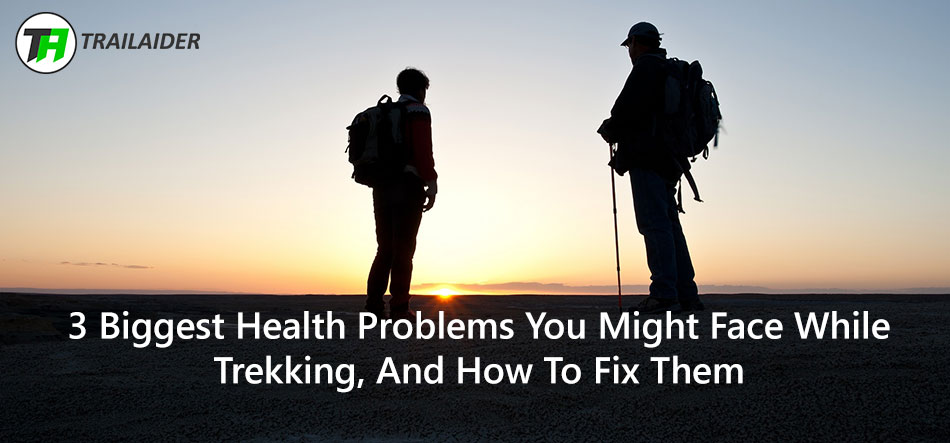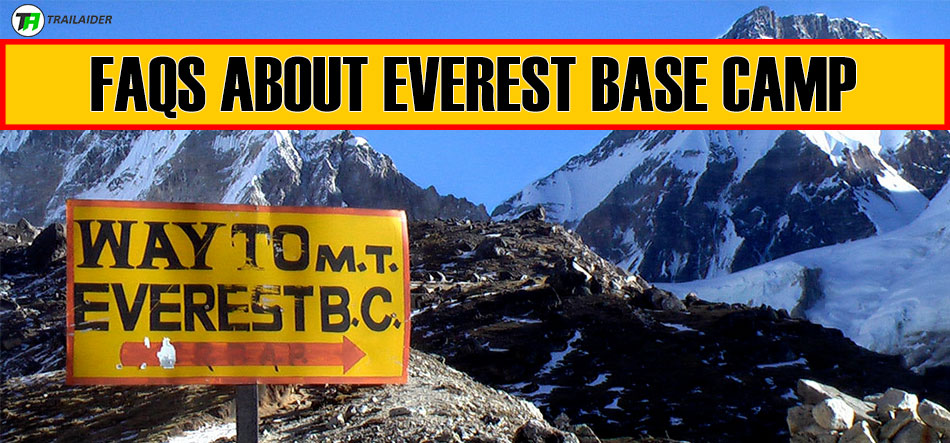
Trekking Ethics – How to Be A Responsible Trekker When Going Solo or With Company
Setting your foot in the wilderness to explore the beauty is a fantastic way to know the nature and its elements. Trekking is an eco-friendly task. But the irresponsible practices of trekkers can have lasting damaging effects on the local communities and the environment around. Be a responsible trekker and follow the Trekking ethics.
So, before you are scaling up different peaks in the different regions of India, either the lush green forests, the Western Ghats, or the Himalayas, here are some of the trekking ethics that you should follow on.
Trekking Ethics
1. Always Play By The Rules
It might sound very simple but if you are trekking in a protected area, you will be provided with certain information on entry. There will be signs or leaflets on trekking ethics to take along with you.
But, here’s a fact: There are so many trekkers who take up those leaflets and end up throwing them in the garbage without even a glance. And while there might be many that you might have heard before – like leave no trace behind and do not feed the wildlife – there might be some unique rules or trekking ethics to follow in that particular area.
For example – some area might suggest not trekking at night or light fire – so keeping that in mind.
Additionally, these documents also provide information on where to source safe drinking water and rest areas facilities. And many trekking areas also have hefty fines on breaking rules. So, it is in your best interest to adhere to these rules.
2. Manage Your Waste
Our planet and especially India has serious plastic problems. This is compounded in remote locations when trekking. Some trekking areas have water disposal points, but it is often a logistical nightmare and huge costs are required to remove the waste from these remote areas.
Solution – You should carry a refillable bottle or water bladder for your backpack to reduce the plastic waste and keep in all the trash with you until you leave that area.
As waste also attracts animals and makes them reliant on scavenging, not littering waste will also void this issue.
And by the way, waste does not simply include plastic but also the organic waste. It might seem harmless to simply toss an apple in the bushes, but if apples are not endemic to that area will be an invasive species that will alter the local ecology.
3. Be Careful With Fire
This is very important in precious woodland areas. If you are camping and cooking your own food, first check whether fires are allowed in that area or not, and if they are, try and use existing fire pits.
If open fires are not allowed then there might be designated cooking points for campers where they can cook. Also, if you smoke then carefully check all the rules about smoking – and make sure to fully extinguish your cigarette before moving on.
4. Keep The Water Resources Clean
Rivers, lakes, springs, and streams are all important for the natural ecology and also a source of drinking water for trekkers. So, it is important to take steps to avoid contaminating them.
Never wash clothes, dishes, or yourself in the water source. Soap, even the biodegradable one is harmful to the environment. So, always make sure to carry a bucket of water away from the source for cooking or washing.
5. Take Responsibility Of Your Safety
Before heading towards the adventure, make sure you are well equipped, have enough food, water, warm clothes, supplies, and first aid. If it is a difficult trek, pack the right gear, and know how to use it.
Check in with the weather station and trekking operators to keep yourself up to date on the latest condition to assess whether it is safe to continue or not.
6. Camp In Designated Areas
We all love to avoid overcrowded campsites. But remember there are campsites there are for a reason – that includes your safety and protection against the natural environment. Camps can damage vegetation and disrupt wildlife habitats. If you are at a campsite, stay in the designated area, so you don’t add to the disruption.
On the other hand, if you are allowed to camp in the wild, make sure you shift your campsite after every two days, giving grass the time to recover rather than being killed from repeated use. And while camping in the wild it is important to practice the principal – “Leave no Trace”.
The beautiful serene places that we enjoy while trekking will not remain the same unless we work on the responsibilities of a trekker, in order to keep them in the way they are. And it really doesn’t take much of our efforts.
Just follow these trekking ethics, use your common sense and keep a conscientious mind. This way we can all ensure we are being responsible trekkers and doing our part to protect our earth and her beauty, which we are blessed with.


